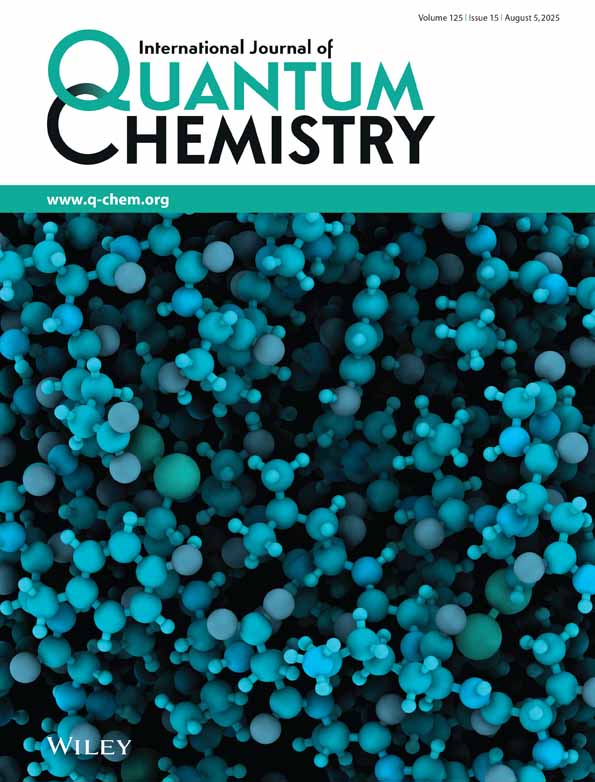Effects of impurities on polaron dynamics in conjugated polymers: Effective potentials
Abstract
We study the effects of impurities acting on polarons associated with a description of conducting polymers, using a Su–Schrieffer–Heeger-type Hamiltonian, extended to include an external electric field, Coulomb interactions, and impurities. With the unrestricted time-dependent Hartree–Fock approximation, we study the interaction between polarons and impurities in conjugated polymers. In polaron dynamics, an impurity acts on a polaron, attracting or repelling it. The character of attraction or repulsion is determined by the polaron charge and the impurity characteristics: donor or acceptor. When we consider a polaron moving on a chain that contains impurities, the polaron can be trapped, passed, or reflected by an impurity. In the present work, the rules that determine the polaron behavior are described by calculating effective potentials due to impurities. Additionally, the case of polarons trapped on impurities is considered. We show that the imprisonment of polarons by impurities could be temporary. © 2006 Wiley Periodicals, Inc. Int J Quantum Chem, 2006




